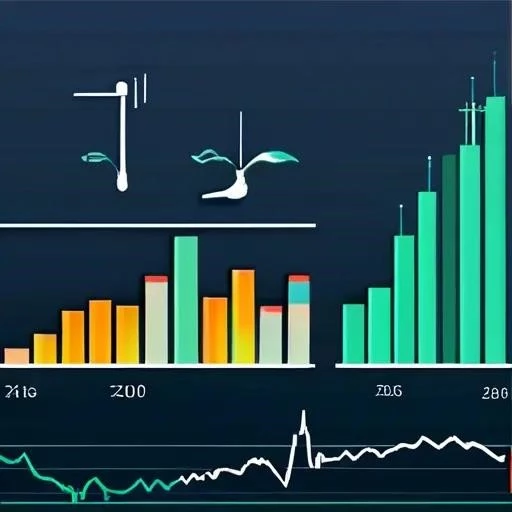The world is awash in data, an ever-growing ocean of information generated by everything from social media interactions to complex scientific experiments. Navigating and understanding this deluge requires skilled professionals, making the field of data science not just relevant, but absolutely crucial. The future hinges on our ability to extract meaningful insights from this vast sea, and data science provides the tools and techniques to do just that. From personalized medicine to optimized supply chains, the potential applications are virtually limitless, shaping industries and impacting lives in profound ways.
Evolving Trends in Data Science
The landscape of data science is constantly evolving, driven by technological advancements and the increasing complexity of the data itself. Several key trends are shaping the future of this dynamic field:
- Automated Machine Learning (AutoML): AutoML platforms are democratizing access to machine learning by automating many of the tedious and time-consuming tasks involved in model building and deployment. This allows individuals with less specialized expertise to leverage the power of machine learning.
- Explainable AI (XAI): As AI systems become more complex, understanding why they make certain decisions is becoming increasingly important. XAI focuses on developing methods and techniques that make AI models more transparent and interpretable.
- Edge Computing and Data Science: Processing data closer to its source (e.g., on IoT devices) reduces latency and bandwidth requirements, enabling real-time decision-making in applications like autonomous vehicles and smart factories.
- Quantum Computing and Data Analysis: While still in its early stages, quantum computing has the potential to revolutionize data analysis by enabling the solution of complex optimization problems that are intractable for classical computers.
Key Skills for Future Data Scientists
To thrive in the evolving world of data science, professionals will need a blend of technical expertise and soft skills. Here are some key areas to focus on:
Technical Skills:
- Advanced Machine Learning Techniques: Beyond basic algorithms, a deep understanding of deep learning, reinforcement learning, and other advanced techniques will be crucial.
- Cloud Computing: Experience with cloud platforms like AWS, Azure, and GCP is essential for managing and processing large datasets.
- Data Visualization and Communication: The ability to effectively communicate complex insights to both technical and non-technical audiences is paramount.
- Data Engineering: Building and maintaining data pipelines is a critical skill for ensuring data quality and accessibility.
Soft Skills:
- Critical Thinking: The ability to analyze problems, identify biases, and draw logical conclusions is essential.
- Communication: Clearly and concisely communicating technical concepts to diverse audiences.
- Collaboration: Working effectively in teams and across different departments.
- Business Acumen: Understanding the business context and how data science can drive value.
FAQ: The Future of Data Science
- Will data science jobs still be in demand in 10 years?
- Yes, the demand for data science professionals is expected to continue to grow as organizations increasingly rely on data to make decisions.
- What are the biggest challenges facing the data science field?
- Some key challenges include data privacy concerns, the need for more explainable AI, and the shortage of skilled data scientists.
- How can I prepare for a career in data science?
- Focus on developing strong technical skills, gaining experience with real-world data projects, and building your communication and collaboration skills.
- What are the ethical considerations in data science?
- Ethical considerations include ensuring data privacy, avoiding bias in algorithms, and using data responsibly.
Comparative Table: Data Science Roles
| Role | Responsibilities | Skills |
|---|---|---|
| Data Scientist | Developing and implementing machine learning models, analyzing data, and communicating insights. | Machine learning, statistics, programming, data visualization. |
| Data Engineer | Building and maintaining data pipelines, ensuring data quality, and managing data infrastructure. | Data warehousing, ETL processes, cloud computing. |
| Data Analyst | Analyzing data to identify trends and patterns, creating reports, and supporting business decisions. | SQL, data visualization, statistical analysis. |
The opportunities within data science are diverse and promising. By staying informed about evolving trends, developing the necessary skills, and embracing ethical considerations, individuals can position themselves for success in this rapidly growing field. The possibilities are truly limitless for those who choose to delve into this exciting and impactful domain.




